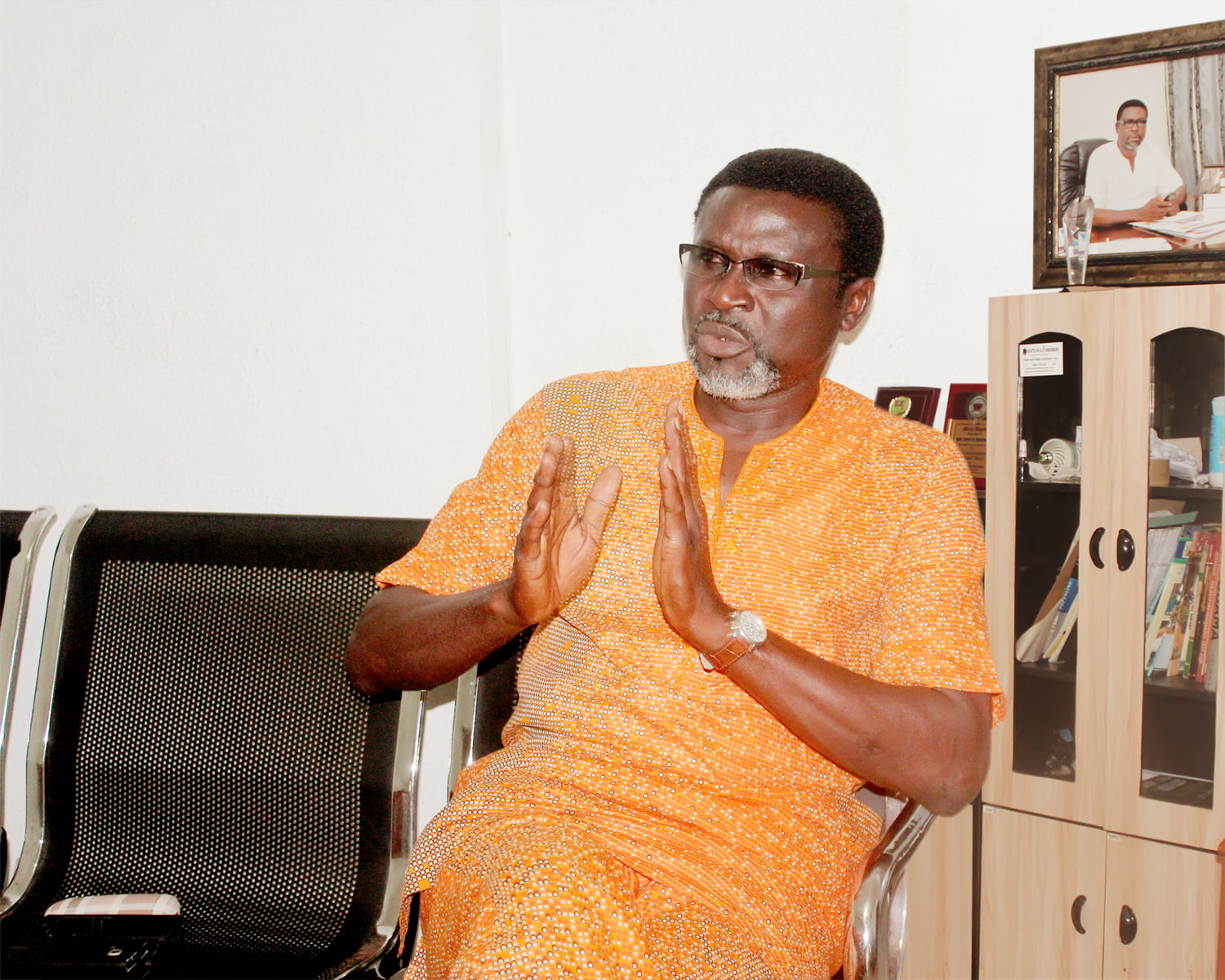Sunny Onuesoke, a prominent chieftain of the Peoples Democratic Party (PDP) in Delta State, has proposed deflation as the solution to Nigeria’s economic challenges, rather than increasing the minimum wage.
In a phone interview with our correspondent, Onuesoke responded to the ongoing conflict between the federal government and labor unions over wage increases.
Onuesoke argued that raising wages would exacerbate the country’s economic problems rather than solve them. He explained, “Nigerians are getting it wrong. What Nigeria needs is deflation. If you increase the salary to one million Naira today, the prices of goods and services will keep increasing.”
He further elaborated that any increase in minimum wage would be matched by corresponding rises in the prices of goods and services. “The more you increase the minimum wage, the more it goes ‘pari pasu’ with the increase of goods and services. The average person who is not in the civil service but produces food items like pepper, tomatoes, yam, garri, etc., will increase his produce.”
Onuesoke pointed out that wage increases would not address the root cause of inflation. “Wage increase cannot resolve the inflation rate because as there is more salary increase, there is more currency circulating in the system. When there is more currency flow in the system, the prices of goods and services will keep increasing. It is a simple economic theory. The more increases in workers’ salaries, the more you will build up the high inflation rate.”
He highlighted that civil servants constitute only 14% of Nigeria’s workforce, making them an insignificant margin compared to the private sector. “The country is not being controlled by only civil servants alone. The civil servant is just 14% of those providing services in Nigeria. There is no private sector that will be able to pay that amount of money as salary monthly.”
Onuesoke proposed that reducing the inflation rate would have a more substantial impact, allowing workers to meet their needs even with lower salaries. He also called on the federal government to focus on building low-cost housing, subsidizing essential services, and implementing lifetime mortgage schemes to alleviate financial pressures on the common man.
“The people need social infrastructure that will downsize, deflate, and reduce the hard side of their hardship. The Federal Government and state governors should intensify massive agricultural and housing programmes, subsidize and reduce the cost of education, and ensure comprehensive health insurance.”
He criticized the lack of accurate data for economic planning, urging better agricultural and industrial management. “Our problem is that we are giving projections without knowing the database of Nigerians. If you ask our leaders how many acres of land will produce a certain quantity of cassava, they don’t know it. But they go on air to produce certain figures borrowed from armchair economists.”
Onuesoke also questioned why Nigeria, a major oil producer, continues to import refined products instead of fixing its refineries. “Each local government should be able to have 80,000 acres of cassava farmland. Yam, maize, rice, etc. They should fix the refineries. What stops the country from fixing the four refineries till tomorrow? Is it a problem to fix the refineries?”
The federal government has proposed a N62,000 minimum wage, slightly above their initial offer of N60,000, while labor unions have reduced their demand from N494,000 to N250,000 per month. However, no agreement has been reached between the parties.


